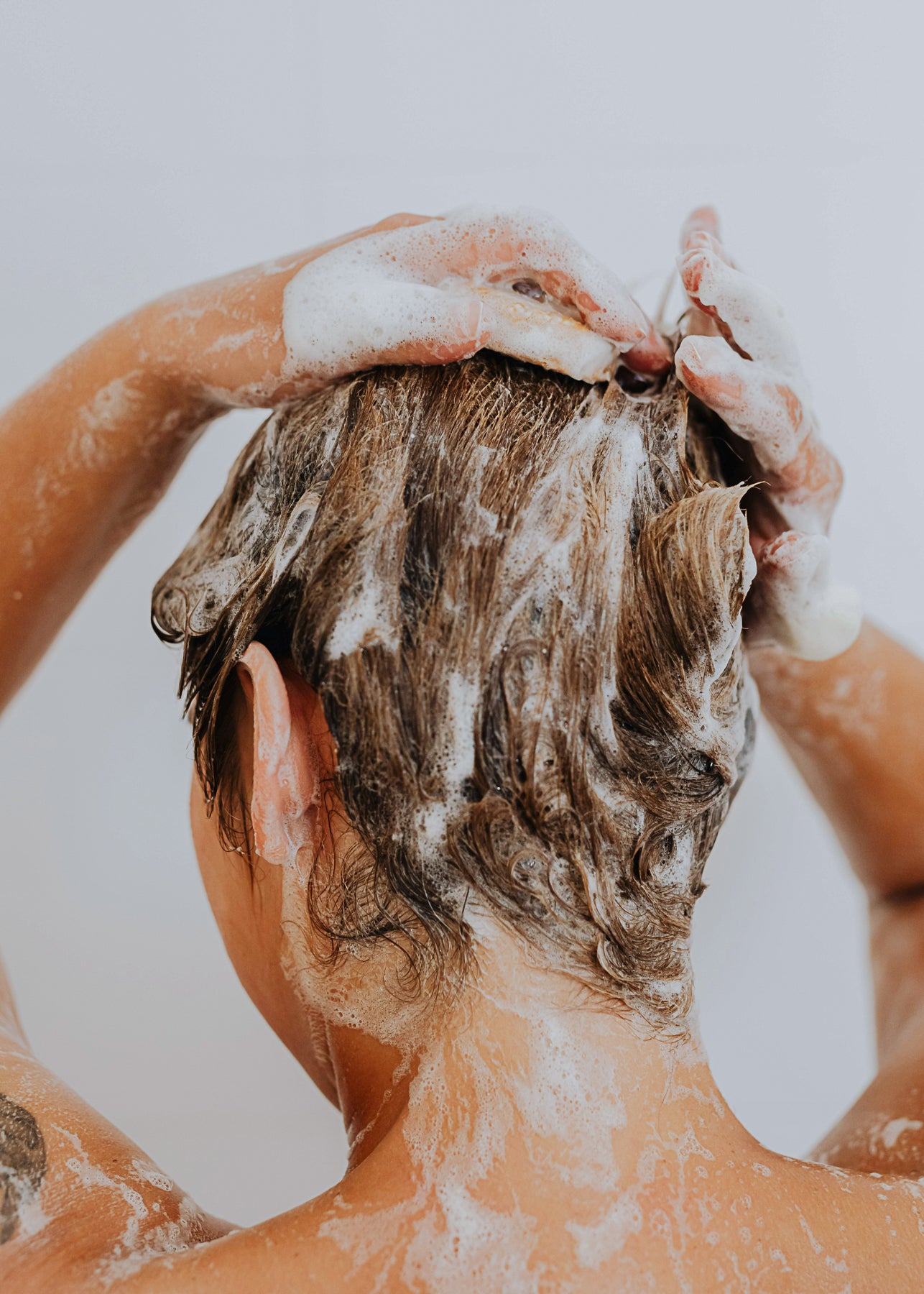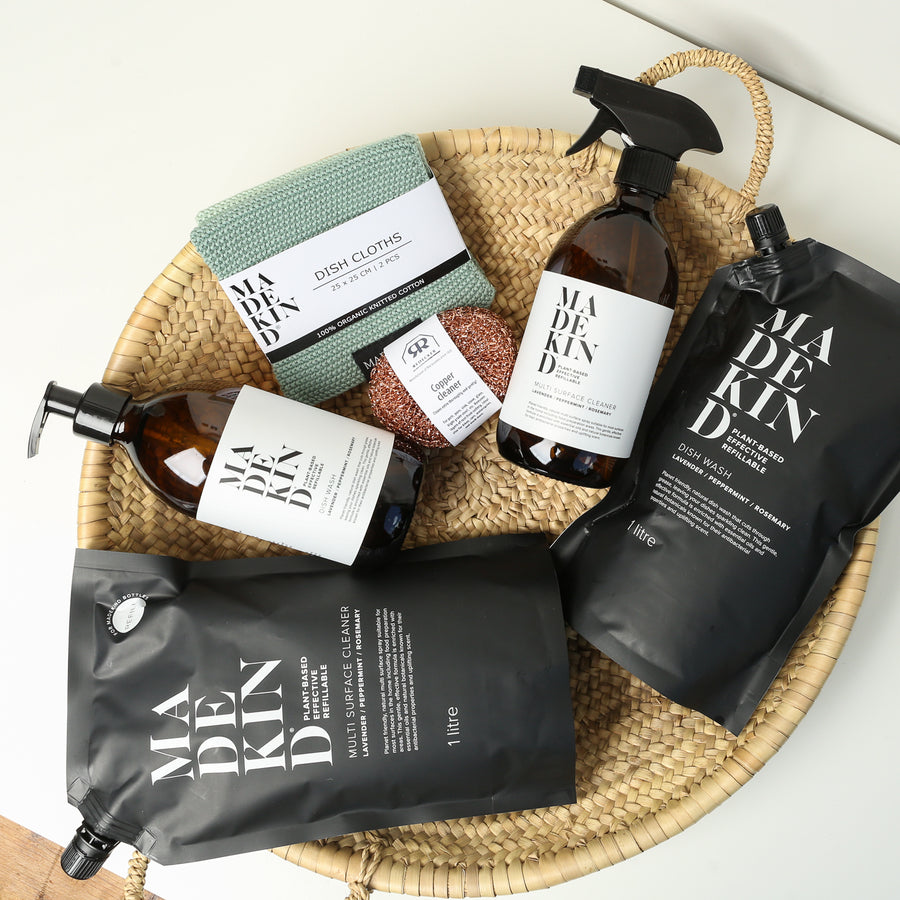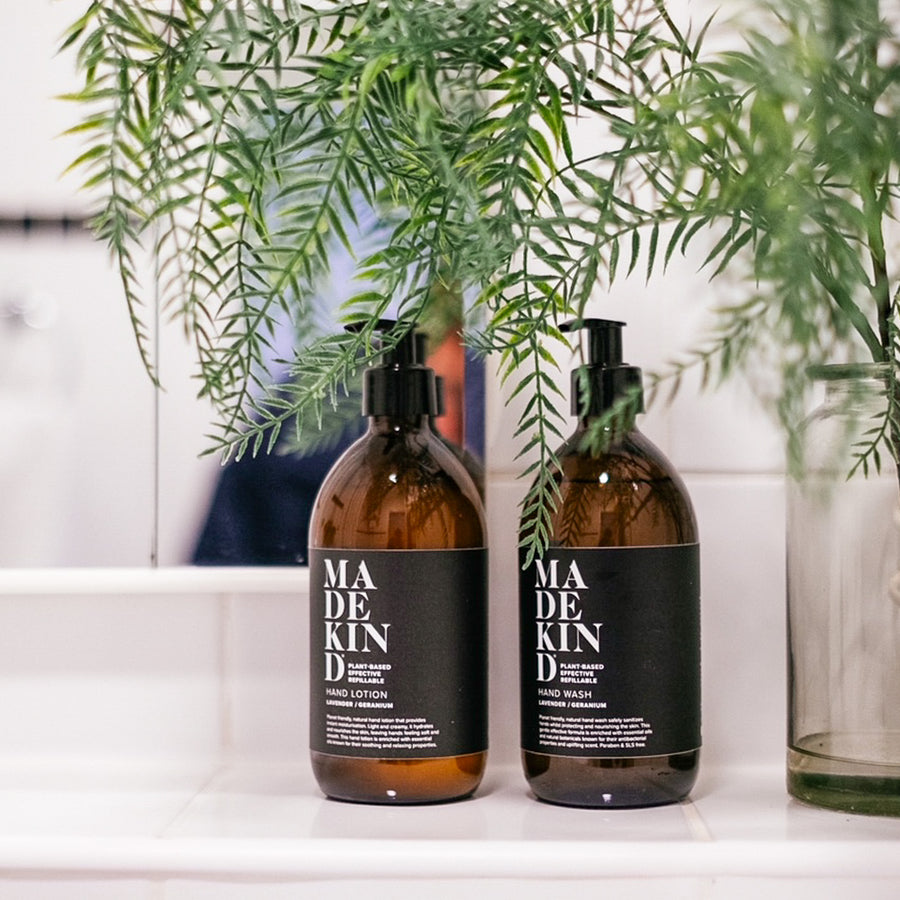Seasonal Hair Loss: What Is It and How To Prevent It

I've had numerous conversations with friends recently, about the same subject which is causing many people a great deal of distress. It was a discussion around hair loss and the thinning of hair that many of my friends were experiencing, especially at this transitional time of year.
Some of them had noticed more strands than usual were falling out in the shower, and others felt that their hair line seemed to be receding. Whatever the cause, losing hair for men and women can be an unsettling time, affecting confidence levels and causing a lot of stress.
Of course it's normal to lose strands of hair on a daily basis (the NHS suggests that we lose between 50 - 100 strands per day) and this is seen as healthy hair loss as they are going through a cycle of growth, transition, and rest before the process repeats itself. But there are also certain times in our lives that we are more susceptible to hair thinning. Some of these reasons can be environmental, some medical but in most cases hair thinning is only temporary, with new healthy hair growth following.
There are also certain times of our lives when we are more susceptible to hair thinning than others. Some of these we may have already experienced and are commonly known, such as post-pregnancy, menopause, aging, but other factors can play a part such as seasonal shedding.
What is Seasonal Shedding?
During the change of seasons from Autumn to Winter, the change in temperature can put stress on the scalp and hair follicles, leading to hair strands falling out faster than usual.
The actual cause of seasonal shedding is unknown but studies show that more women than men suffer with it, and it often occurs in the Autumnal months. The change in weather can 'shock' your hair into the 'resting' phase rather tha the growing phase. The resting phase usually lasts up to three months , and then it will shed when new hair starts to grow through. The best way to manage this unsettling phase of hair thinning is to enhance your lifestyle to support the new hair growth.
But seasonal hair loss can quickly turn to long-term hair loss if you don't look after the health of your scalp and hair.
How To Stop Seasonal Hair Loss
You can also address your hair health from the inside out. Nutritional factors can affect hair health and growth and with adequate care and the right balanced diet you can manage seasonal hair loss. Hair is primarily made up of protein so a diet deficient in protein can contribute to hair loss. And don't skip fruits, fatty acids and vegetables as they are essential nutrients your hair follicles feed on and hair cells require to enhance growth.
Also, as we move indoors during the colder months, we deprive ourselves of vitamin D which help regulate the production of keratin - essential for keeping hair healthy and strong.
Regularly Shampoo Hair to Boost Growth
Many shampoos simply make your existing hair look thicker by coating the hair follicles. The best choice is a natural shampoo which nourishes the scalp.
Frequent shampooing is important to hair growth because it keeps the scalp clean and in good condition. Without regular shampooing, oil, sweat, dirt and dead skin cells can build up and create a breeding ground for scalp-disrupting bacteria. Keeping the scalp healthy encourages the growth of healthy strands. Using a natural shampoo will nourish the hair and scalp creating the best environment for healthy hair growth. Dematoligist, Veera Nathan points out, "scalp is skin and needs to be washed regularly for healthy hair growth because the hair roots reside within the scalp below the skin surface". A clean, balanced scalp environment gives your hair follicles the best chance to flourish.
MadeKind Shampoo is a luxurious every day shampoo that has been carefully formulated to clean hair without stripping away natural oils. Made with vitamin B5 it not only leaves hair and scalp cleansed and moisturised, but also promotes hair growth.
Don't Forget The Conditioner
Remember to condition hair with a hydrating and nourishing conditioner after every shampoo. It also helps to use cold water to rinse off the conditioner. This will help close the pores and maintain a cleaner scalp for a longer time.
It's important to remember that when we notice our hair shedding, that it's most likely something temporary, either hormonal, seasonal or lifestyle driven and in most cases will improve. There are factors we can influence such as the type of shampoo we choose and a balanced diet, but any medical concerns should be handled by your GP.






Leave a comment